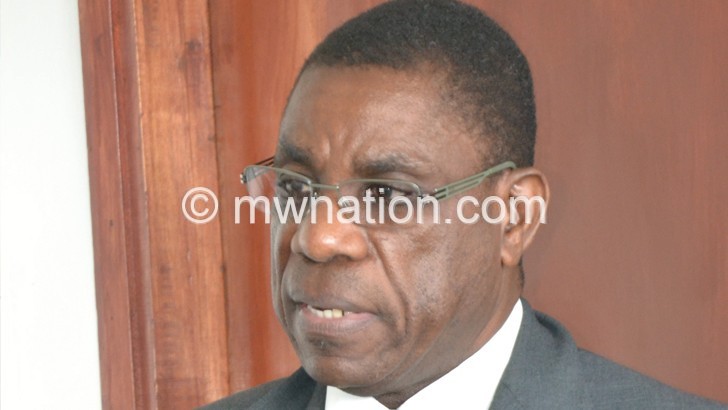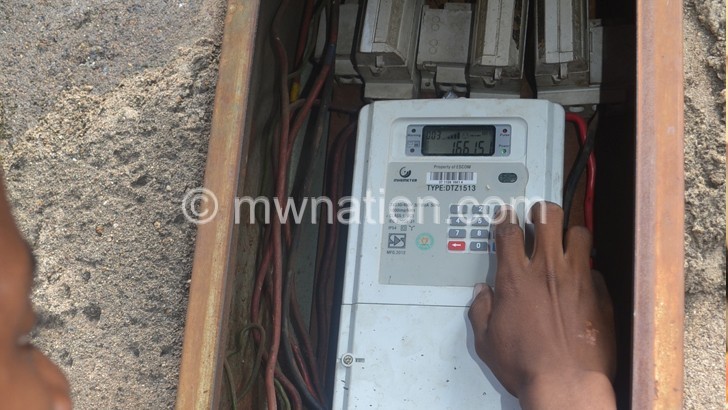Cama rebukes World Bank on electricity tariffs
Consumers Association of Malawi (Cama) has described as unjustified a World Bank recommendation for government to consider increasing electricity tariffs to make the Electricity Supply Corporation of Malawi (Escom) sustainable and the power market attractive.
In a statement issued on Friday, Cama executive director John Kapito said that while advice from all stakeholders, including the World Bank, is acceptable, it is important that it be made through appropriate channels and platforms.

He said it would have been important for such advice to go through the Ministry of Energy and the Malawi Energy Regulatory Authority (Mera) in camera instead of going public through a report.
Kapito said: “The methodology for electricity tariff increase is done through a transparent legal framework using the Energy Regulatory Policies and Act guided by Mera. Through the use of such guidelines, Mera is able to determine a tariff that is economically and socially good for Escom and consumers.
“There are a number of considerations that Mera puts in place and key among them is to ensure that Escom operations are sustainable and also the consideration of environmental issues and ensuring that supply of electricity to Malawian consumers is affordable and this is based on a cost recovery tariff.”

In its latest Country Private Sector Diagnostics (CPSD) report for Malawi which Vice-President Saulos Chilima launched on Tuesday in Lilongwe last week, the World Bank said increasing the electricity tariffs would also attract investment in the power sector.
The World Bank’s recommendation for electricity tariff adjustment also comes at a time when Mera is set to consider a 10 percent increase in electricity tariffs.
But Kapito said the World Bank is unfortunately using one single consideration which is opening up the market for other electricity producers and distributors to enter the Malawi market without taking into consideration how a higher tariff would hurt Malawians.
He said the Malawi case is different from developed countries where tariffs of a strategic product like electricity cannot be left to market forces.
In the report titled The Road to Recovery: Turning Crisis into Economic Opportunity, the World Bank said the top priority should be making Escom financially sustainable, advising that for this to happen, national electricity tariffs need to be adjusted to become cost reflective.
The World Bank, which is Malawi’s largest external creditor for the past decade, also estimated in its report a funding gap of $1.8 billion (about K1.5 trillion) in generation, transmission and distribution, and off-grid services.
In a published statement on September 14 2021, Mera said a tariff adjustment proposal would be considered after assessing Escom’s performance against the agreed key performance indicators (KPIs) and findings of the annual regulatory audit.
In an interview published in The Nation edition of September 15 2021, Mera consumer affairs and public relations manager Fitina Khonje said there are KPIs on service quality to be achieved through investments and others relating to revenue performance.





